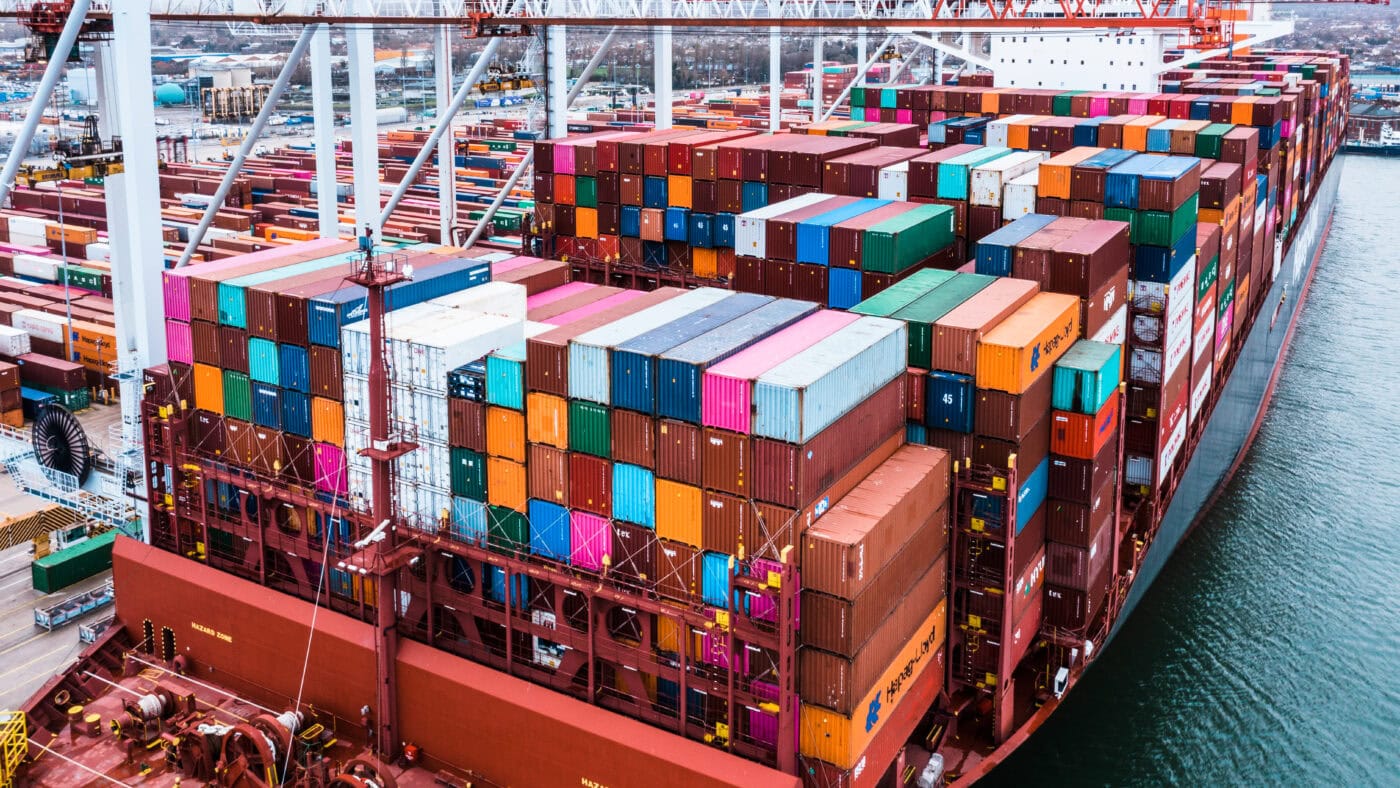It has taken a quarter of a century, but the EU and the Mercosur bloc of countries comprising Argentina, Bolivia, Brazil, Paraguay and Uruguay (Venezuela is currently suspended) have, in theory, agreed terms on a trade deal. I say ‘in theory’ as the French and Polish governments are still opposed to the deal, and might try to scupper or delay it. Regardless, this is still a great achievement for both the EU and Mercosur and both sides should be congratulated – it also has a few lessons for the UK.
First, one of the reasons why it has taken such a very long time to reach a deal (and why one might not actually materialise) is because individual member states in both blocs have dragged their heels. This actually highlights one of the main benefits of Brexit. Critics of the UK leaving the EU rightly point out that the UK has less negotiating power as a result. While this is obviously true, Brexit does mean that the UK has more freedom to negotiate on its own terms and striking deals which more closely align with the its interests and speeding up the negotiations and implementation.
Second, it shows the need for the UK to continue entering into trade deals with other nations and blocs. The EU-Mercosur deal has the potential to be incredibly significant for the member states of both blocs and their inhabitants, and the UK should follow the EU’s example and aim for a similar deal with Mercosur. A UK-Mercosur trade deal would give our firms tariff-free access to hundreds of millions of consumers in South America, which would make the UK’s exports more competitive, increase profits for firms, create jobs and boost wages. Beneficiaries here would be the UK’s beleaguered car industry, which faces an uncertain future, as well as beverage producers. British farmers would also benefit if they are properly supported through export promotion – as an aside, it was disappointing to see that the Government has now scaled back its GREAT Britain campaign, which seeks to help UK firms to increase their exports.
Having an independent trade policy is probably the main ‘Brexit dividend’, so the Government should continue to strike new deals. This is particularly timely as the UK’s accession to the Comprehensive and Progressive Agreement for Trans-Pacific Partnership comes into force from next week. While it may represent a modest economic boost in terms of its proportion of GDP, this is still a good thing – the UK will not only give firms greater access to some of the most rapidly growing markets in the world, it is also significant from a geopolitical perspective. The Government should relaunch negotiations with the United States for some kind of trade deal and make every effort to get a deal with India.
Finally, the fact that it has taken the EU so long to reach a deal with Mercosur is due to lobbying from rent seekers within EU Member States, mainly within the agricultural industry. It is not surprising that food producers routinely use their influence to try and block imports from other countries by means of tariffs, quotas and other regulations, as they believe that this will protect them by making imports less attractive to consumers. While they may protect a handful of producers, this makes these firms sluggish and less productive and it comes at the expense of other organisations and households who face less choice and higher prices. What is more, such protectionist measures tend to lead to trade wars. The end result is that prices for domestic firms and households increase and the products they produce become less attractive to consumers in other countries. This hits profits and places jobs and livelihoods in jeopardy, lowers productivity, and reduces economic growth. Everyone is poorer as a result.
The UK has left the EU and it should jettison this mercantilist mindset which views international trade as a zero-sum game where exports are prioritised and imports are seen as damaging. Embracing free trade by entering into deals with countries and blocs around the world will not itself be sufficient to reverse the country’s economic decline, but it is an important step. The UK is no longer a member of the EU and it now has an independent trade policy and has the ability to chart its own course. It would do well to reject protectionist instincts by ignoring lobbyists while following the EU’s example of negotiating a deal with Mercosur. It should also strike deals with the US and India and enhance its deal with Canada.
Click here to subscribe to our daily briefing – the best pieces from CapX and across the web.
CapX depends on the generosity of its readers. If you value what we do, please consider making a donation.


